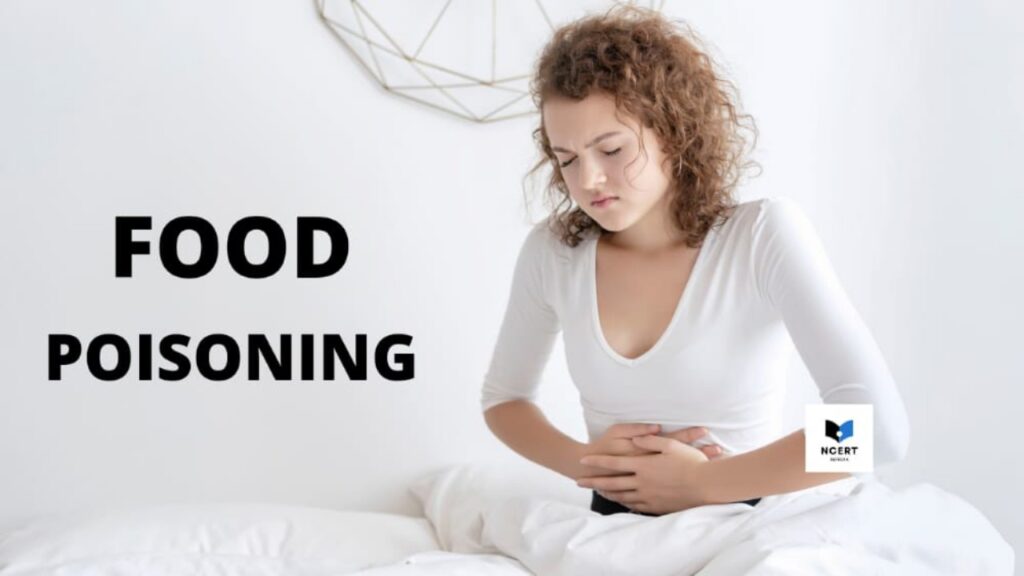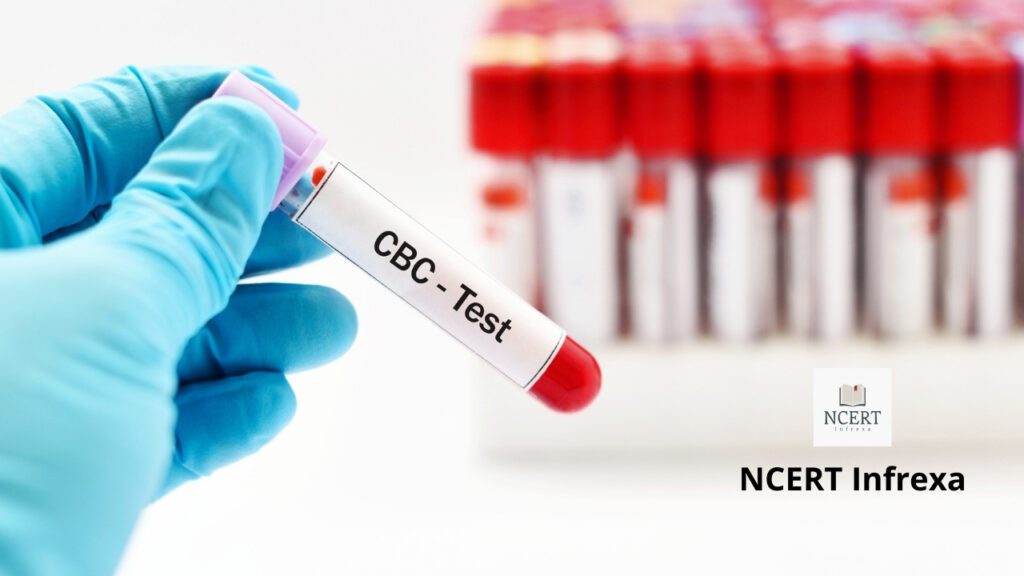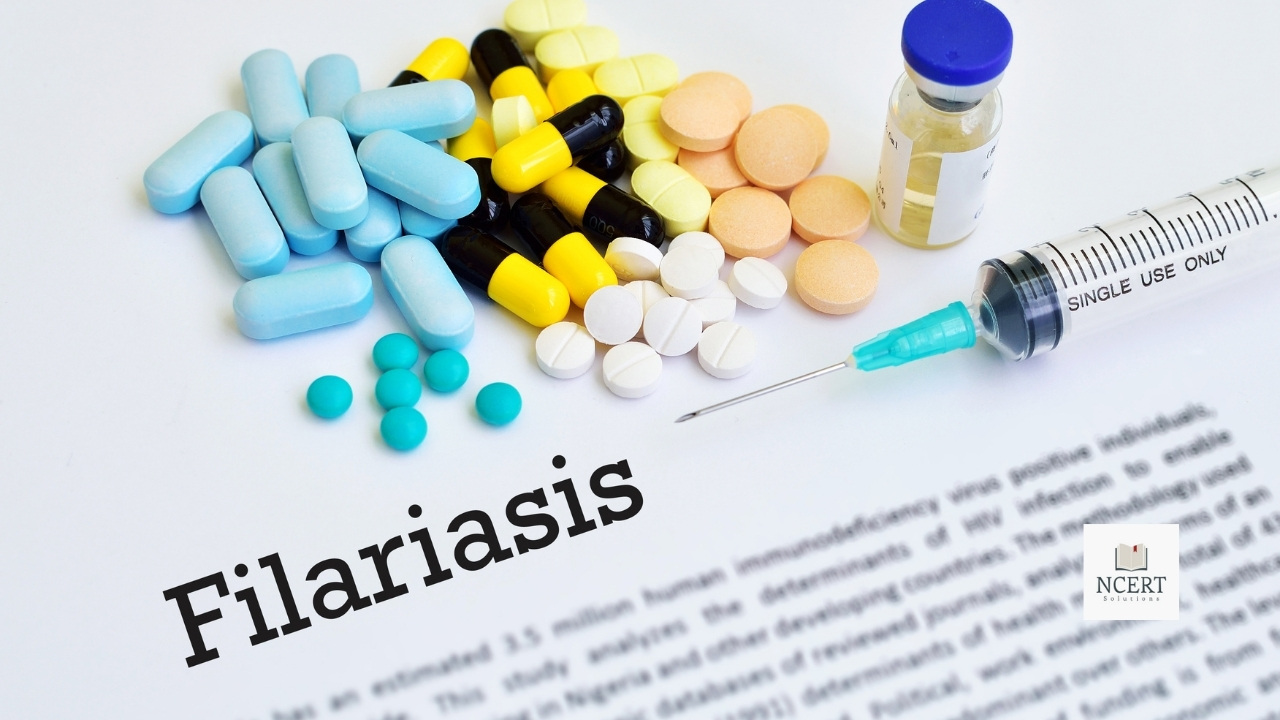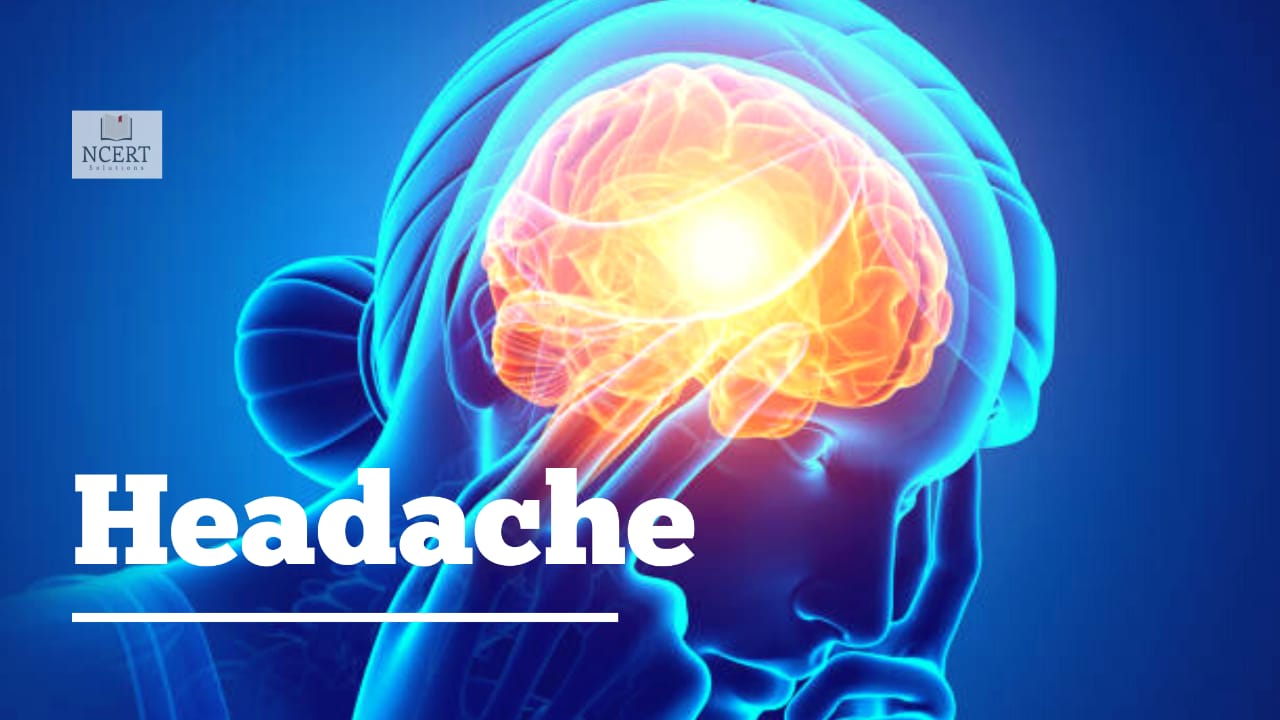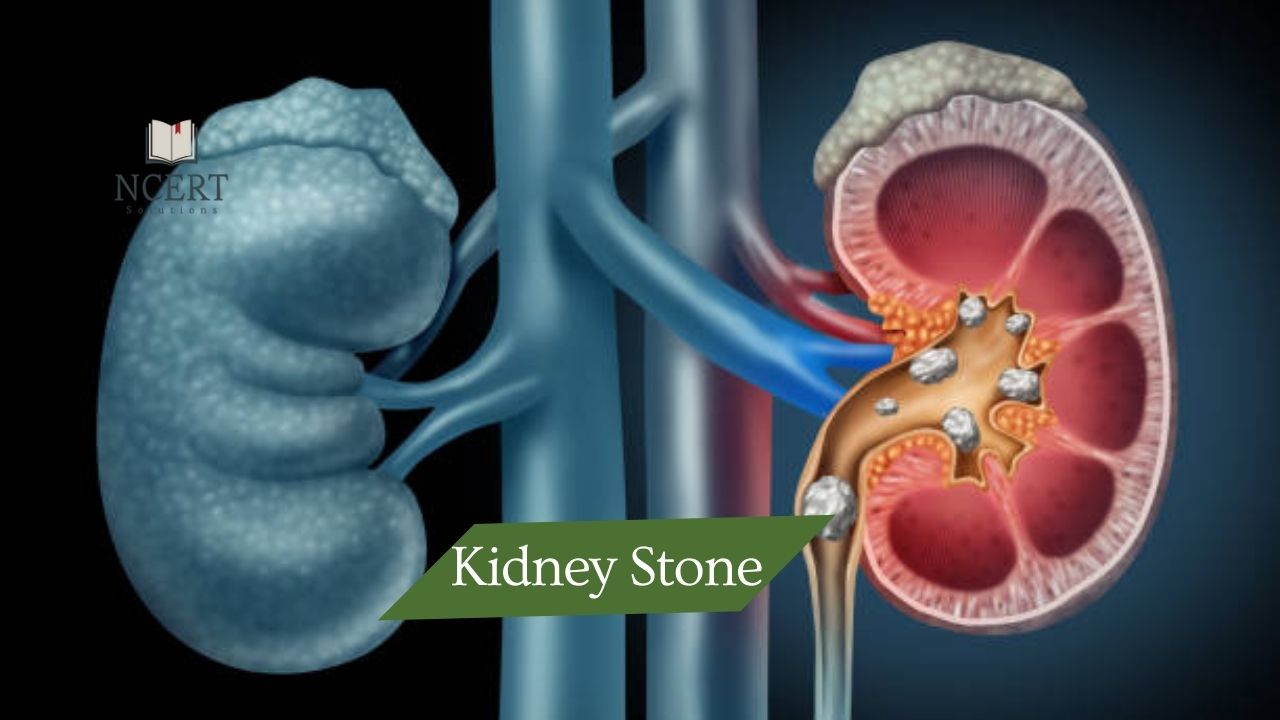Food poisoning, also known as foodborne illness, is caused by consuming contaminated foods. The most common cause of food poisoning is the consumption of food contaminated with or by infectious organisms such as bacteria, viruses and parasites.
Infectious organisms or their toxins can contaminate foods at any time from production to consumption. Food can become contaminated even if it is not prepared or handled properly.
Symptoms of food poisoning begin a few hours after ingesting the food poisoning, mainly including diarrhea, nausea, and vomiting.
Food poisoning is usually treated at home, and in most cases, it goes away within 3 to 5 days. People who have food poisoning need to stay fully hydrated. Most cases of food poisoning are mild and go away without treatment, but some people need to go to the hospital for treatment.
Food Poisoning Symptoms
The symptoms of food poisoning also vary according to the source of contamination of the food. In most cases of food poisoning, more than one symptom is seen. Including the following:
- Nausea
- Vomiting
- Mild diarrhea
- Abdominal pain and cramps
- Fever
Signs and symptoms of food poisoning begin 2 to 3 hours after eating contaminated food, sometimes it may take a few days for symptoms to appear. Illness caused by contaminated food can last from a few hours to a few days.
When should I see a doctor?
If a person starts showing the following symptoms, then a medical examination should be done immediately:
- Frequent vomiting
- Lack of fluid in the body
- Vomiting and blood in stool
- Diarrhea for more than 3 days
- Severe abdominal pain and severe cramping
- Body temperature above 101.5 F
- Neurological symptoms such as blurred vision, muscle weakness and tingling in the arms.
- Signs of dehydration such as feeling excessively thirsty, dry mouth, urinating or passing urine extremely rarely, feeling extremely weak, and dizziness, etc.
Causes of Food Poisoning
Food can become contaminated at any time from growing, harvesting, storing and even preparing food. Often the main cause of food contamination is cross-contamination, in which harmful organisms keep spreading from one surface to another.
In particular, they affect foods eaten raw or ready-to-eat, such as salads and other produce. Because these foods are not cooked, and the harmful organisms present in them cannot be destroyed in the food.
There are 3 main reasons responsible for most food poisoning:
Bacteria – One of the most common causes of food poisoning is bacteria, e. Coli (E. coli), Listeria, and Salmonella are the main bacteria that cause fever poisoning.
Parasites – Food poisoning from this is not the same thing as bacteria, but parasites spread through food can be very dangerous. Parasites can live in the digestive tract for years, undetected. However, people with weakened immune systems and pregnant women can have dangerous side effects if parasites make their way into the intestines.
Virus – Food poisoning can also be caused by a virus, with norovirus being the most common virus for food poisoning. Apart from this, sapovirus, rotavirus and astrovirus can also cause food poisoning, but they are not as common as norovirus. Hepatitis-A is also a serious condition, which is spread through food.
When does the risk of food poisoning increase
Falling sick from eating contaminated food depends on your age, health, type of organism, and the extent of the infection. Of these, high-risk groups include:
Aging – As a person gets older, their immune system also weakens, and is less able to respond against infectious organisms than before.
Pregnant women – During pregnancy, there are many changes in metabolism and blood circulation, which increase the risk of food poisoning. Its condition can become more serious during pregnancy. In some rare cases, the baby may also fall ill in the womb.
Infants and young children – Their immune systems are not fully developed, so they are at increased risk of food poisoning.
People with chronic diseases – People suffering from diseases like diabetes, liver disease and AIDS can also have the problem of food poisoning. Apart from this, people who take chemotherapy or radiation for cancer also have less immune system response capacity. In this way, food poisoning easily surrounds these people.
Prevention
Follow these methods to prevent food poisoning at home:
Wash your hands, utensils, and food preparation surfaces thoroughly – Wash your hands thoroughly in lukewarm water with soap before preparing food. Wash food utensils, boards and other surfaces in hot water with soap.
Keep prepared food away from raw food – When shopping, keep raw meat, chicken, and fish away from other foods, as this leads to cross-contamination.
Cook food to a safe temperature – Cooking at normal temperatures kills harmful organisms in most foods. To determine the safe temperature for cooking food. A food thermometer can be used.
Freeze perishable foods immediately – don’t leave such foods out for more than 2 hours after you buy or prepare them. If the outside temperature is 32.2 C, do not leave them outside for more than 1 hour.
Defrost foods safely – Do not allow foods to thaw directly in the external environment after the refrigerator, use the defrost feature in the fridge before taking them out. After the refrigerator, defrost the food in the fridge before placing it in the microwave or reheat it in the microwave with 50 percent power. Also, make sure that this food item should be cooked and eaten immediately.
Don’t eat when in doubt – If you’re not sure that the food is prepared and stored safely, don’t eat it. Exposing foods to outdoor temperatures for too long can cause bacteria and other toxins to grow in them, which cannot be destroyed by cooking. If you suspect that the food items have gone bad, then in that case they should not be used but should be thrown out. Even if you smell good but are in doubt, don’t eat it.
Food poisoning can become a serious and life-threatening condition, especially for the elderly, adolescents, pregnant women, and those with weakened immune systems. People with these conditions should be careful with food poisoning by not consuming the following things:
- Poultry and raw meat
- Raw and undercooked fish
- Raw or undercooked eggs, and foods containing them
- Raw sprouts such as alfalfa (a type of plant that is used as animal feed)
- Unpasteurized juice
- Unpasteurized milk and its products
- Certain types of cheese
Diagnosis
Food poisoning is often diagnosed on the basis of detailed previous information, including the duration of the illness, information about specific things eaten, and symptoms. The doctor may also do a physical exam to look for signs of dehydration.
Based on symptoms and past health information, doctors can perform diagnostic tests, such as blood and stool tests or tests for parasites.
In a stool test, your doctor may send a sample of your stool to a laboratory, where specialists will try to identify infectious organisms in the stool. Upon identification of an infectious organism, doctors will notify the local health department to determine whether food poisoning has been linked to an outbreak and is not likely to spread widely.
In some cases, the cause of food poisoning is not known at all.
Food Poisoning Treatment
The treatment of food poisoning is based on the source of the disease and the severity of the symptoms. In most people, food poisoning goes away on its own without any treatment, while in some people it may require medical treatment.
Treatments for food poisoning include:
Replace lost fluids – electrolytes and minerals such as sodium, potassium and calcium that maintain fluid balance in the body. Sometimes, due to diarrhea, there is a deficiency in the body, and they need to be replaced. Some children and adults who develop severe diarrhea and vomiting may need to be hospitalized. In the hospital, dehydration is prevented and treated by sending fluids and other fluids into their bodies through their veins.
Antibiotics – If the patient has got food poisoning due to some type of bacteria, and his symptoms are also severe, then the doctor may prescribe some antibiotics for him. Food poisoning caused by the Listeria virus is treated with the help of intravenous antibiotics by hospitalization. The sooner you treat food poisoning, the better. Early antibiotic treatment during pregnancy prevents the baby from getting infected.
Adults who do not have blood in their diarrhea and do not have a fever get better by taking loperamide (Imodium A-D) or bismuth subsalicylate (Pepto-Bismol).
However, a doctor should be consulted before using these medicines, as vomiting and diarrhea are also used to flush out toxins from the body. Also, the use of these drugs can hide the severity of the disease, which can take longer to find the right treatment.
Avoid caffeine, as it affects the digestive system, decaffeinated teas made from chamomile, mint and dandelion provide relief by calming stomach problems. Fruit juices and coconut water can replenish lost carbohydrates, thereby eliminating fatigue. It is very important for food poisoning patients to take plenty of rest.
In severe cases of food poisoning, patients are hospitalized and rehydrated with intravenous fluids (intravenously). In worse cases of food poisoning, the patient may need to be hospitalized for a longer period of time until complete recovery.
